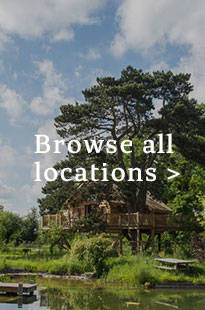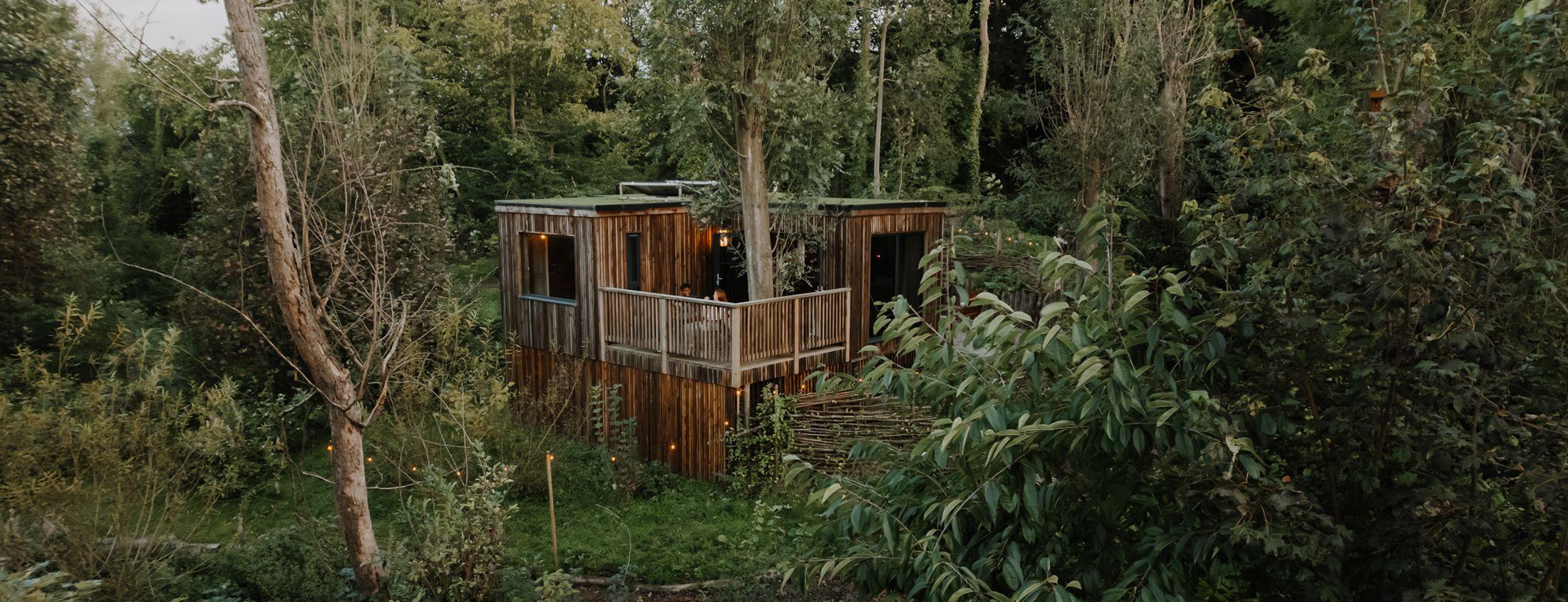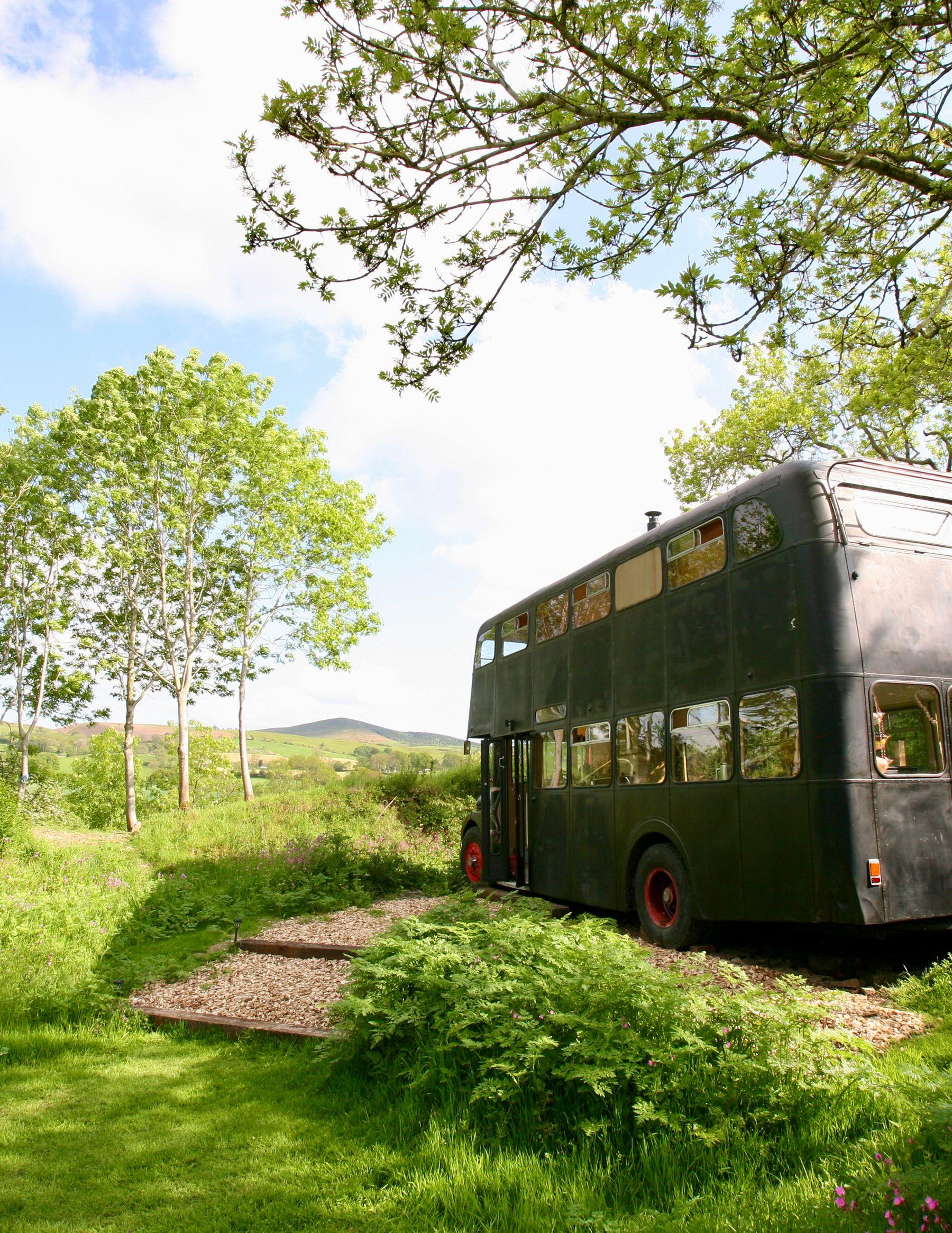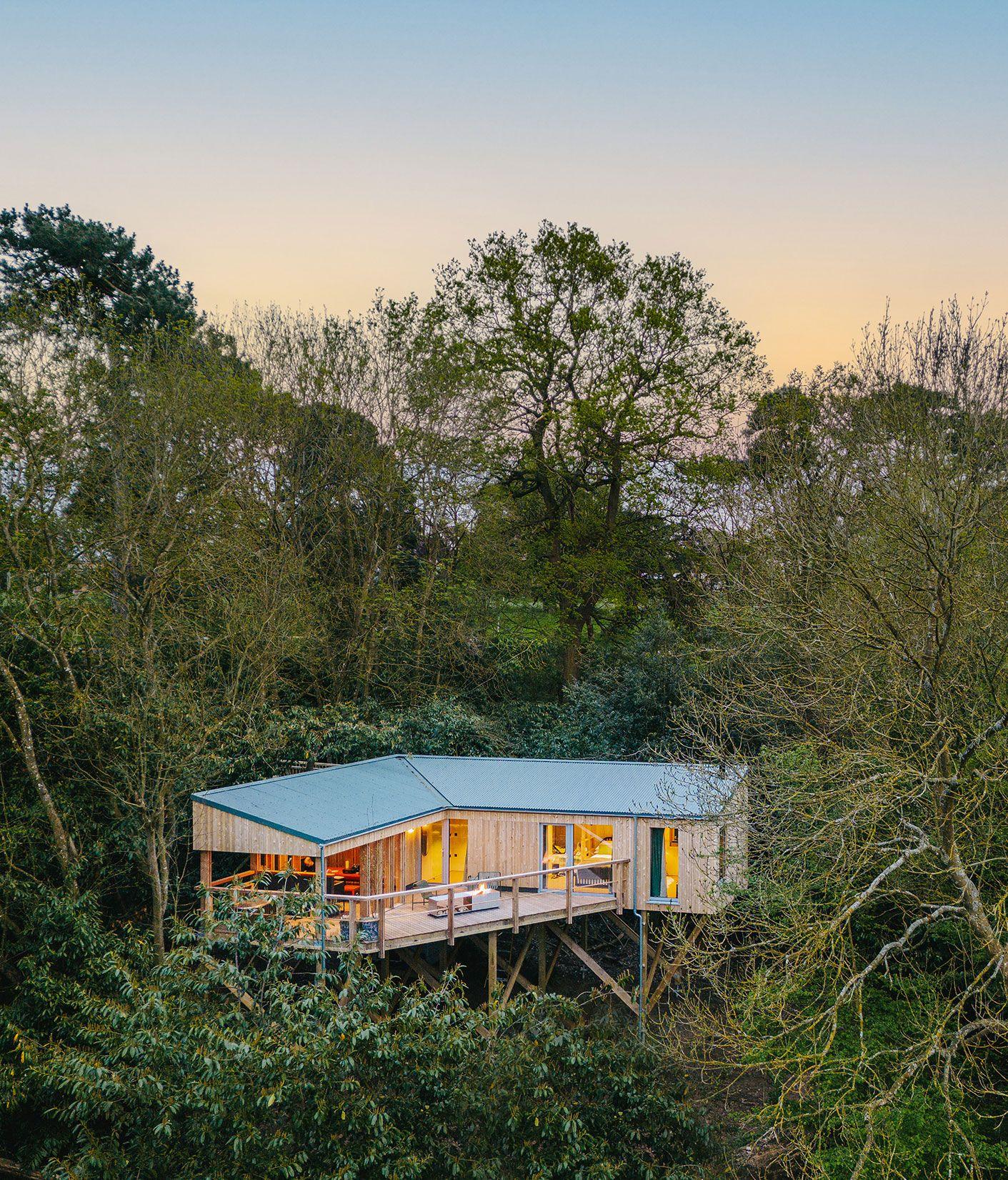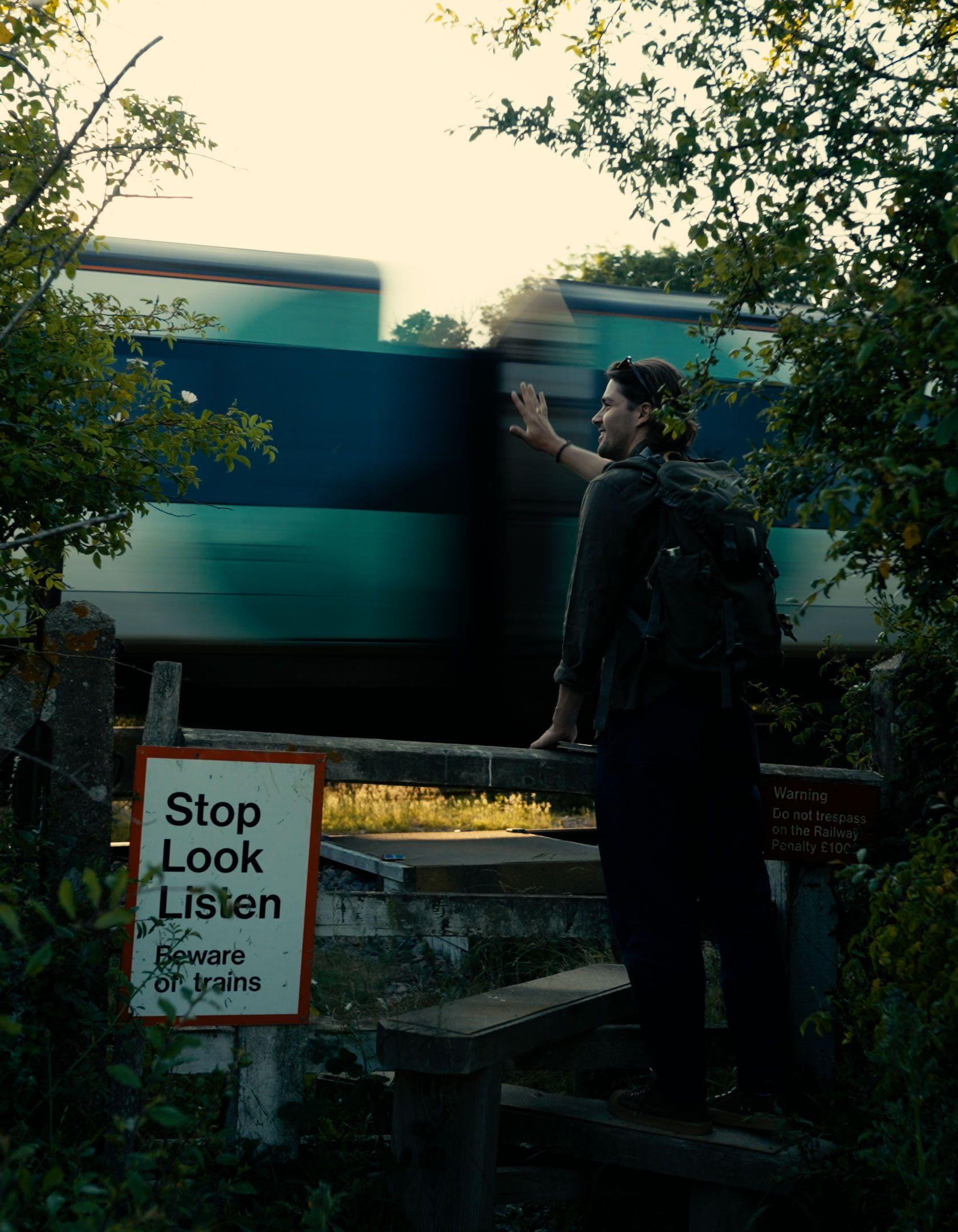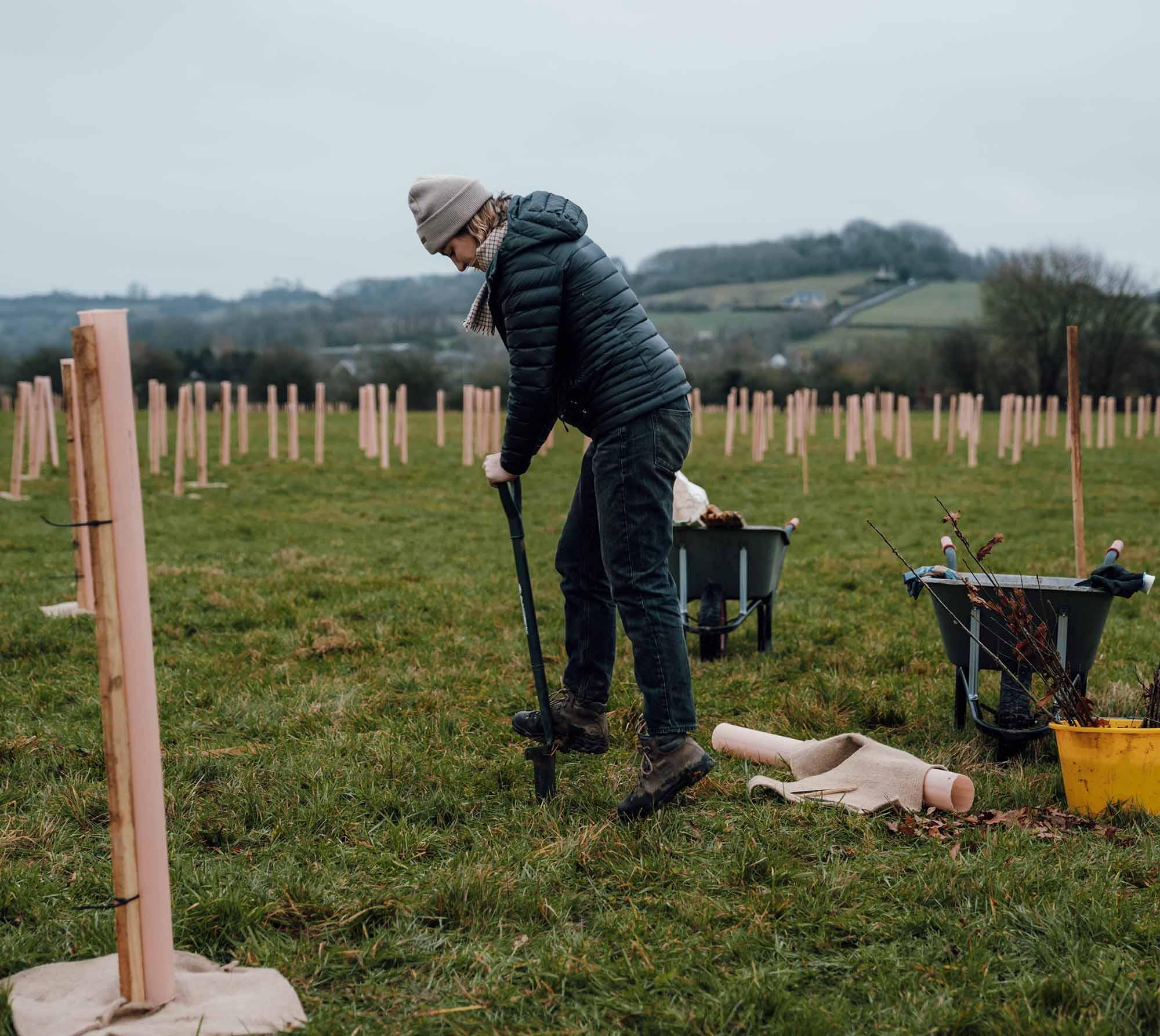- Location
- Glamping
Special occasions
- Stories
- Gift Cards
- About us
About Canopy & Stars
More from Canopy & Stars
More at Sawday's
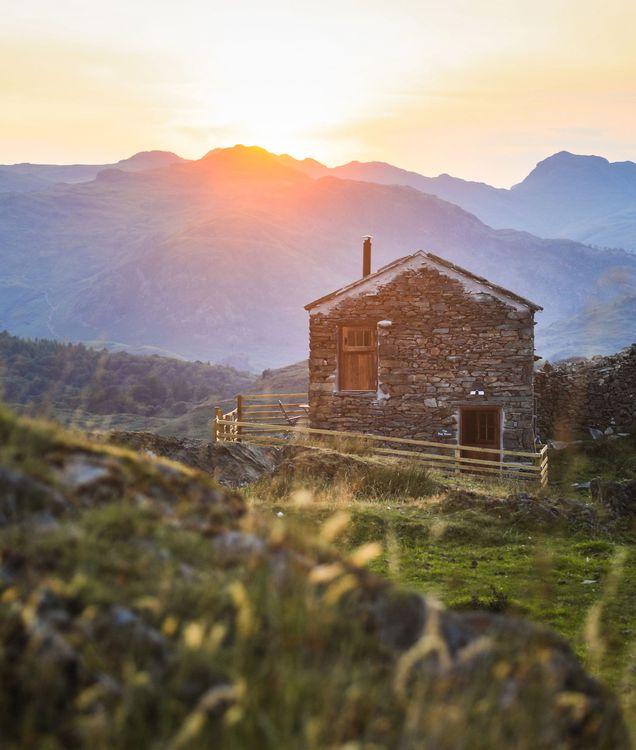
How will new regulations affect regional spread?
Quality over quantity, everywhere. A greater geographical spread but tighter controls mean only the best will thrive.
Glamping’s heartland has always been the south. In the UK, it’s where the concept first took hold and where innovation has stemmed from ever since. What we’re seeing now, however, is other regions catching up, as everyone from diversifying farmers to those leaving urban areas post Covid, find an appetite for glamping spaces that help people reconnect with nature. The one thing that could limit growth is new regulations around short-term lets, but while these are complex and likely to vary significantly by region, they don’t change the fact that a glamping space now represents a solid investment in more of the UK than ever before.
Ireland
Ireland is a particularly strong area of growth, with market data showing staycations by the Irish up 15% on previous years and inbound international travel returning. According to a Household Travel Survey by Central Statistics Office (CSO), 2.3 million domestic overnight trips were taken by Irish residents in Q1 of 2022, a 7% increase over the same period in 2020. This has been partially fuelled by improvements in airline and ferry links which have made Ireland a much easier place for travellers from the UK to take the sort of short-term breaks that glamping offers. Our own site data also shows an increased demand for visits to Ireland, with a 6.9% rise in searches.
The key to that growth is making sure supply matches demand. We currently have only three spaces in Ireland, all performing reasonably well after a soft launch. We’re looking to grow the collection in 2024 and data suggests that we’ll be able to find enough quality places to do so, with places like County Clare increasing available listings by 32% and Galway’s available short term letter properties rising to 766. As always, we’ll only be working with those we consider to be the highest quality, but with the market professionalising rapidly, those places should become more numerous.
Northern England
While Ireland is almost starting from scratch, northern England has had a decent offering of unique spaces for some years. Whilst there is development in the number of listings here, the important statistic is the strengthening occupancy. In the Lake district, this has increased 7% to a total of 70%, with the Peak District and West Yorkshire seeing 3% and 4% rises, where previously we’d seen more peaks and troughs across the region. Manchester has now overtaken Bristol to become our second biggest city in terms of audience and three of our top six searched regions are in the north. These are all clear signs that the north is an area worth investing in for both prospective owners and ourselves.
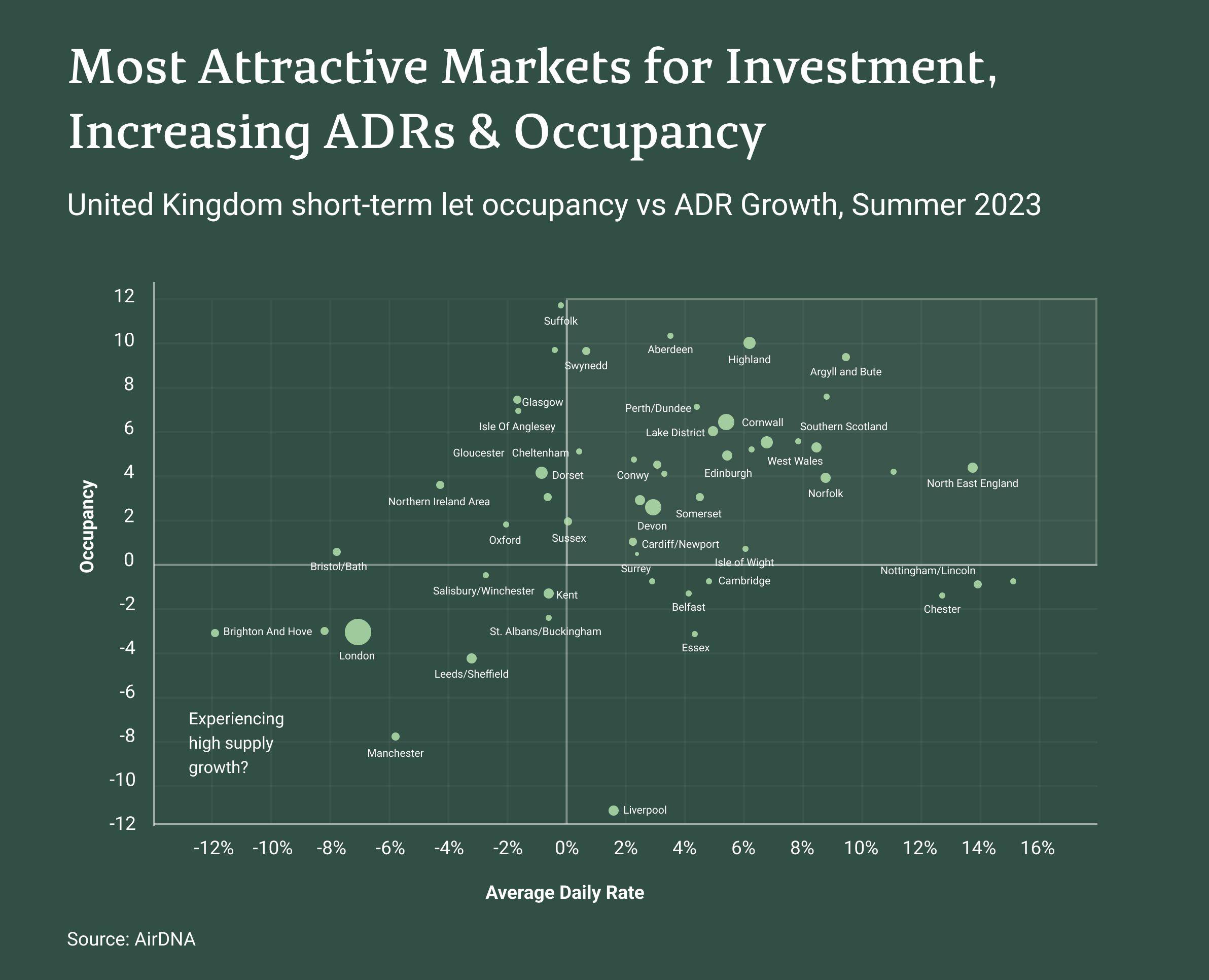
The new short term let regulations
We've been keeping a keen eye on the new regulations over short-term lets since they began to take shape around a year ago. While known by that catch-all title, they are a varied set of rules and requirements designed for different purposes in different parts of the UK. In some places they're about limiting the impact on infrastructure, while in others, the focus is on second home owners and the impact on local communities. Scotland is so far the only country in the UK that has instituted licensing, although others are said to be considering the measure. Wales has changed the qualifications for paying business rates, demanding 252 days of available letting, of which 182 must be occupied, and both countries have tightened requirements around fire and safety. While England's fire regulations were updated in October 2023, broader measures are still being discussed but we expect to see developments early in 2024. More information on Scotland's regulatory changes can be found here, and on their fire safety here. Welsh owners can find new rates information here.
The big question, aside from "how am I supposed to untangle all this red tape?", is what these changes might mean for the market overall. Our hope is that it will, despite some teething problems and a brief rise in everyone's stress levels, be a good thing for the industry. Casual letting of spare rooms and poorly converted buildings will be driven down, sharpening the quality of offerings and making people think harder about the value of what they provide. Those creating places with passion and personality will not be deterred from doing so, and guests will see even more places to stay that match their high demands.

